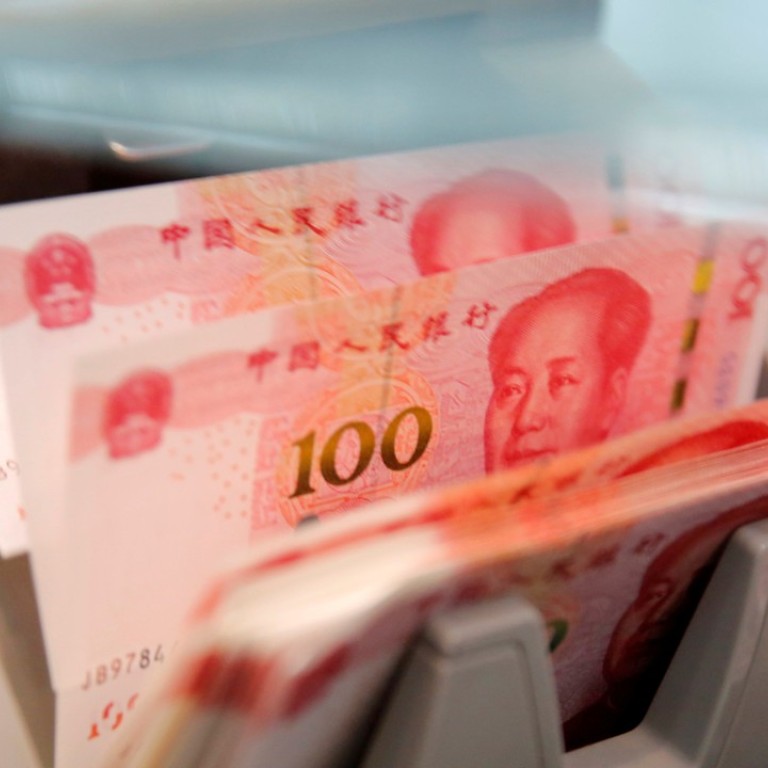
New rules in China lay trap for tax cheats at home and abroad
New reporting regulations meant to help authorities track down evasion at home and corrupt officials overseas
Beijing has ordered an overhaul of financial accounts to crack down on tax cheats at home and abroad.
From July 1, all deposit-taking institutions, policy banks, investment agencies and insurers must ensure each new account has detailed information for tax assessments, including names, addresses, account balances and revenue flows.
According to regulations released on Friday by a raft of agencies including the Ministry of Finance, the State Administration of Taxation and the central bank, the institutions also have a year to make sure existing accounts are compliant.
The rules come as demands grow on the nation’s coffers and a deadline looms for China to be ready to share records of taxpayers with other countries.
The world’s second-biggest economy is under huge expenditure pressure and racking up large fiscal deficits as it tries to cover pensions for more than 100 million retirees, as well as education, health care, and infrastructure costs. China’s fiscal revenue grew by only 4.5 per cent to 15.96 trillion yuan (US$2.32 trillion) last year, while spending rose 6.4 per cent at 18.8 trillion yuan, amid slowing economic growth.
At the same time, the business community has called for Beijing to ease the corporate tax burden and match the aggressive cuts proposed by the White House. The State Council has responded with promises to cut taxes by 580 billion yuan this year through value-added tax reform and cut another 200 billion yuan in business fees.
Cai Chang, head of Central University of Finance and Economics’ taxation department, said the new rules would help track down tax evaders.
“Such a regulation will improve monitoring of financial accounts in different sectors and help discover clues to tax evasion through changes in those accounts,” Cai said. “The government is still worried about tax evasion.”
Industrial Bank chief economist Lu Zhengwei said the main targets of the new rules were foreign individuals and institutions with assets in China. “It’s a part of China’s commitment to the Group of 20,” Lu said.
China needs thorough records of tax payments and assets as part of its obligations to counter international tax avoidance and evasion under a global framework proposed and driven by the G20.
China ratified the framework, called the Multilateral Convention on Mutual Administrative Assistance in Tax Matters, in 2015 and will enforce its standards in September next year, allowing it to share tax information on individuals and institutions with 99 countries. “It’s a bilateral and mutually beneficial agreement that will also help China deal with offshore market issues and corrupt officials hiding overseas,” Lu said.
A tide of Chinese money has washed up overseas and out of Beijing’s reach as cashed-up Chinese firms and individuals have snapped up property and other assets offshore.
Some of the funds have been channelled out of the country by corrupt officials but Beijing is struggling to follow the money trail without the records of other governments.
The framework is vital to the Ministry of Public Security’s Fox Hunt operation to return fugitive corrupt officials.
But analysts said the United States had yet to ratify the convention and had shown little interest in doing, undermining the G20-backed scheme.
Instead, the US is standing by its own Foreign Account Tax Compliance Act, which demands that foreign financial institutions report the financial information of US citizens and green card holders.

